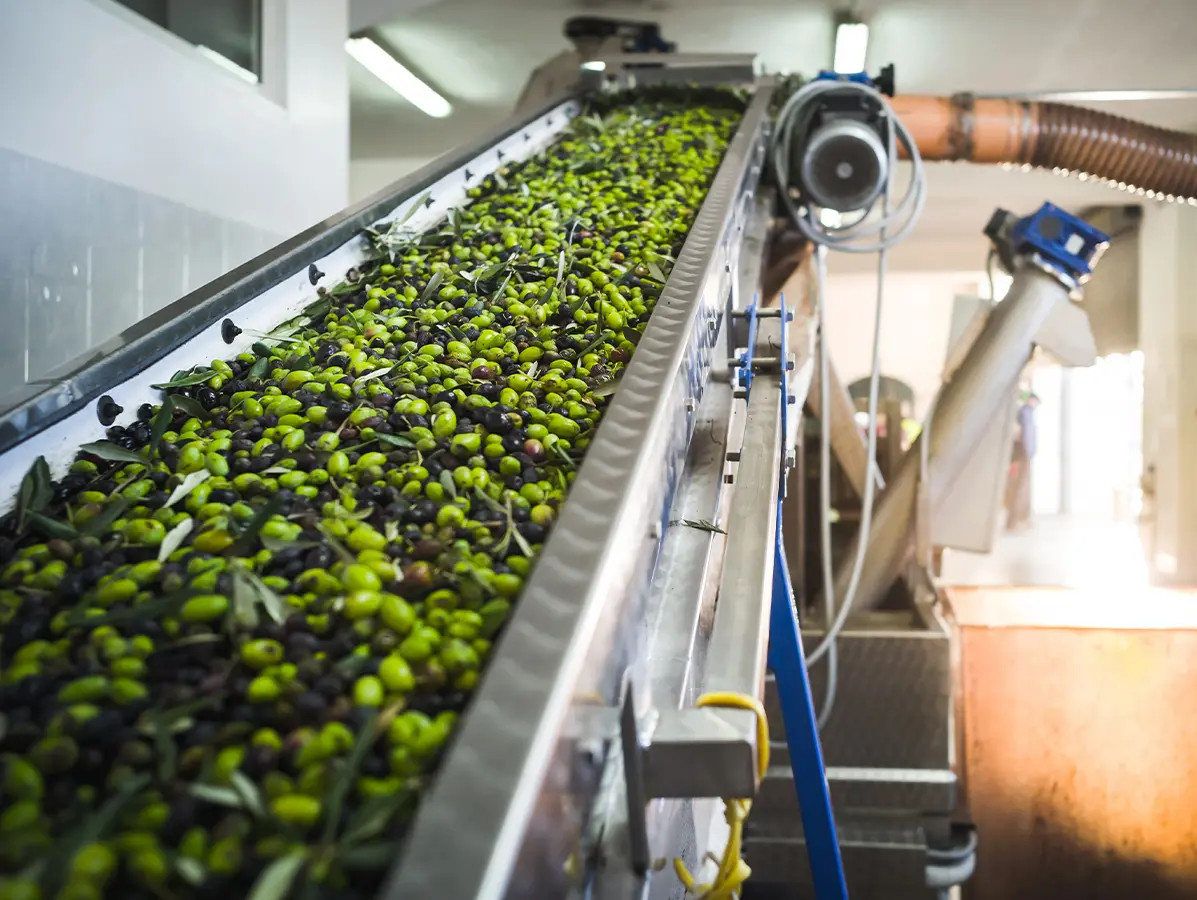
The food industry is undergoing a significant transformation. Sustainability is no longer optional but has become the main focus within supply chains, according to the report The Future of Sustainable Food Supply Chains: Spotlight on Europe’s Food and Beverage Industry by DNV. A striking 75% of companies in the sector rank sustainability among their top three strategic goals, ahead of cost reduction (63%) and regulatory compliance (49%).
Digital tools such as traceability systems, connected product passports, and supply chain risk management platforms are becoming increasingly important. However, the food industry lags behind other sectors in adopting these technologies. The report highlights that reliable data, user-friendly systems, and transparency are essential for successful digital transformation.
New EU regulations, including the Corporate Sustainability Due Diligence Directive and the Packaging Waste Directive, are pushing companies to address their entire supply chains. From carbon emissions to human rights, businesses face stricter demands. At the same time, consumer expectations are rising. They want sustainable and transparent food production and are willing to pay more for it. Retailers, particularly those with private labels, play a crucial role by working closely with suppliers.
The report stresses that technology alone is not enough. Collaboration across the supply chain, combined with strategic partnerships and clear standards, is necessary to achieve a sustainable future. Geir Fuglerud, CEO of DNV, emphasises that the food industry faces significant challenges, partly due to climate change and geopolitical tensions. However, digitalisation offers an important means to combine cost-efficiency with environmental responsibility.
Source: DNV